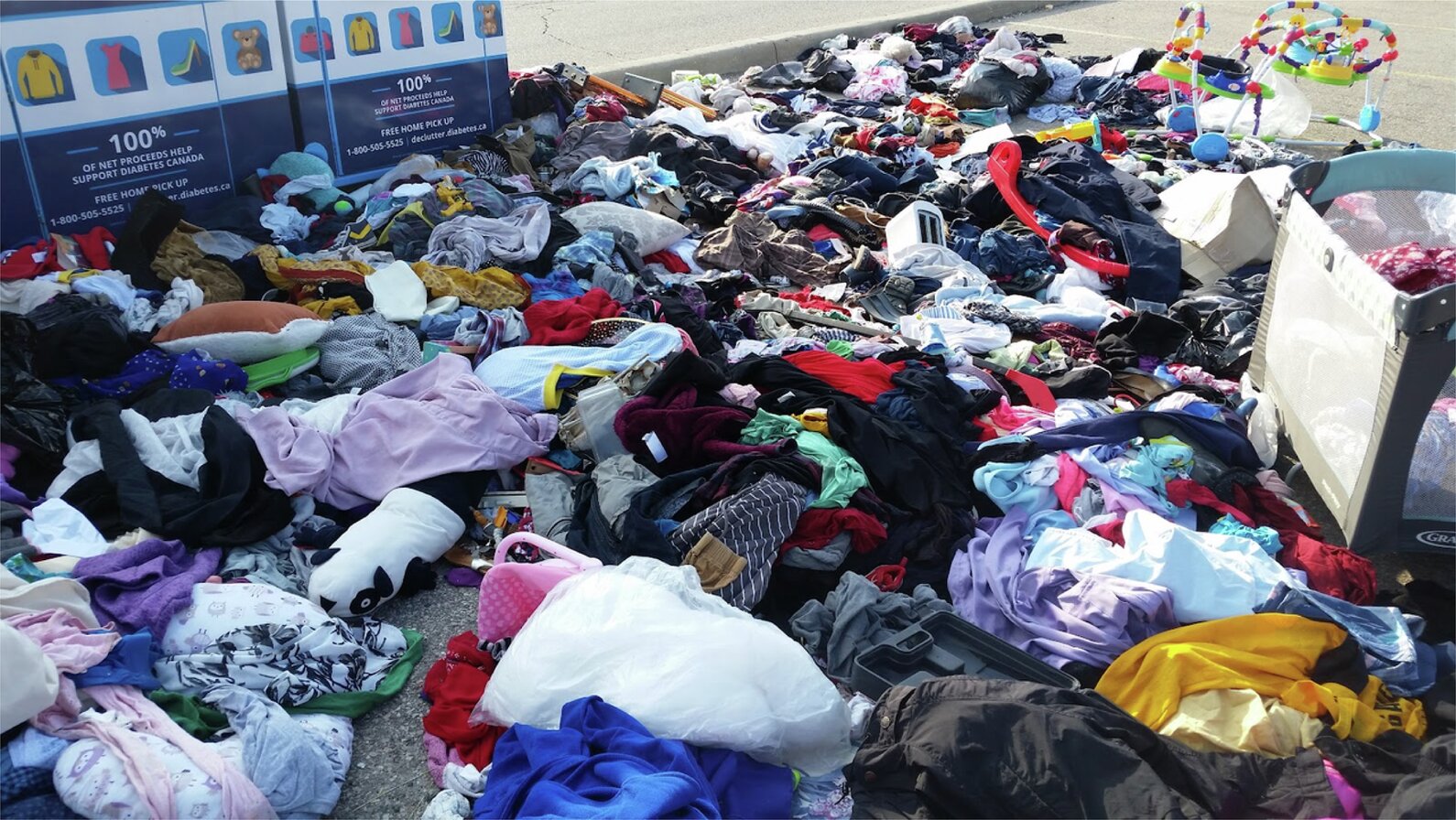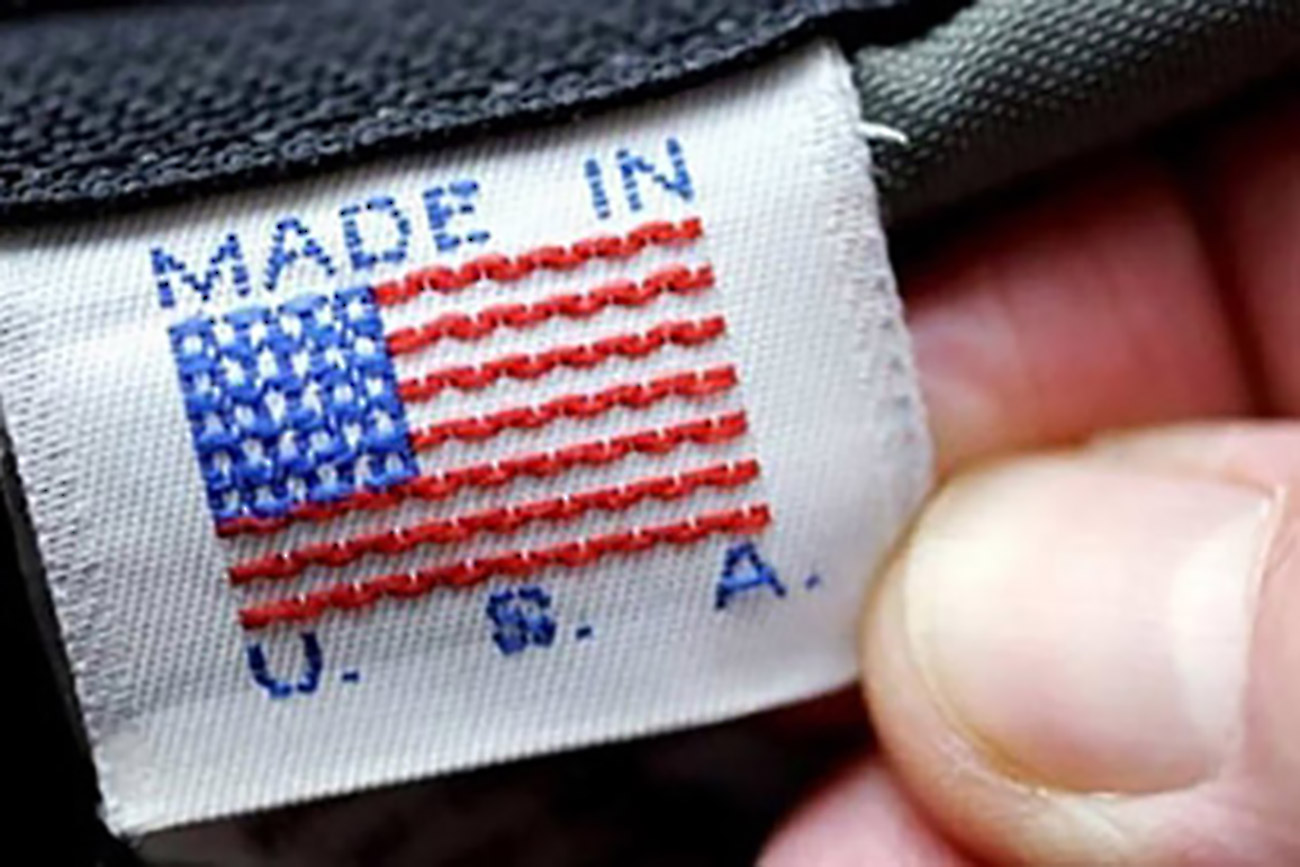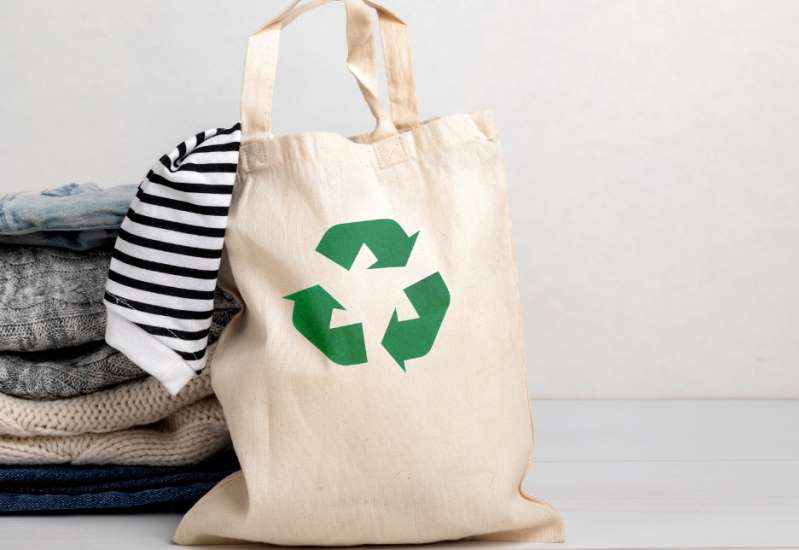Better Cotton, the world's largest cotton sustainability initiative, has provided feedback to the United States Federal Trade Commission (FTC) regarding its Guides for the Use of Environmental Marketing Claims (Green Guides).
The FTC, a bipartisan federal agency focused on protecting American consumers, introduced the Green Guides in 1992 to ensure that companies' claims about product sustainability are accurate and supported by evidence. The Guides are periodically updated to align with contemporary standards.
The Green Guides offer comprehensive guidelines applicable to all environmental marketing claims, including insights into how consumers interpret specific claims, methods to substantiate those claims, and ways for marketers to qualify their assertions to prevent consumer deception.
Better Cotton has participated in this ongoing review process to ensure that the FTC's guidelines acknowledge the agricultural aspect of cotton production and recognize progress at the field level. Notably, one of the key components of the Better Cotton Standard System (BCSS) is its Claims Framework, which assists eligible members in effectively communicating their commitment to Better Cotton in a transparent and credible manner.
Better Cotton supports the FTC's endeavor to establish a common framework, outlined in the revised Guides, that enables US companies to communicate their sustainability efforts in a credible, verifiable, and accurate way. This framework fosters a fair competitive environment for businesses and empowers them to set and communicate ambitious sustainability goals to an increasingly eco-conscious consumer base.
However, Better Cotton suggests that the FTC enhance the existing guidance by including examples of substantiation using various methods, rather than limiting substantiation to a single standardized methodology. The organization argues against establishing one standard methodology, such as lifecycle analysis (LCA) or product environmental footprints (PEF), for substantiating claims. It asserts that no universally applicable methodology covers all relevant impact categories for every product type.
Moreover, the implementation of a single methodology like LCA poses challenges when applied to an agricultural context. If the revised Guides adopt this approach, it would effectively prevent some of the most trusted and widely used sustainability schemes and their labels from providing environmental marketing claims for their members.












